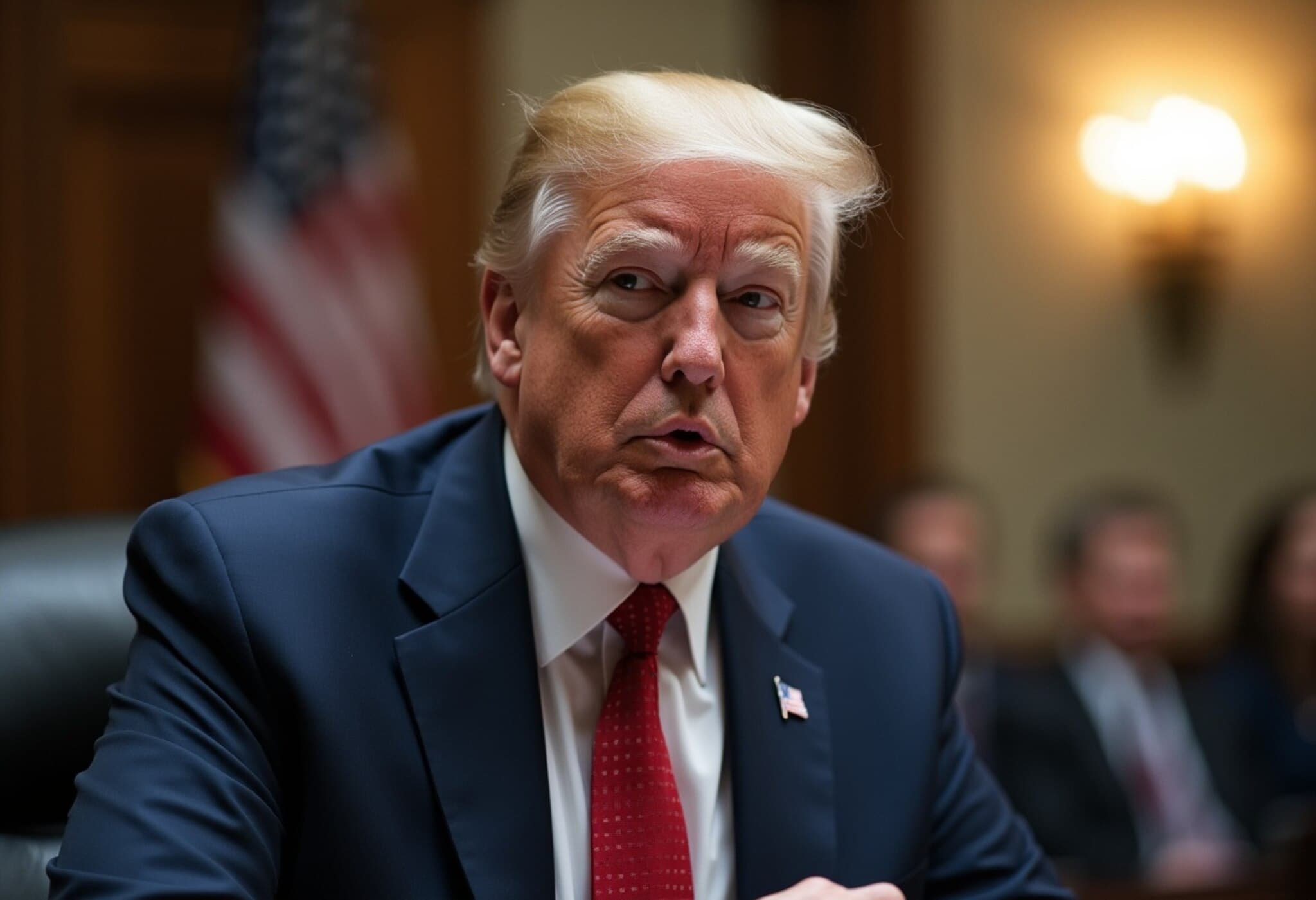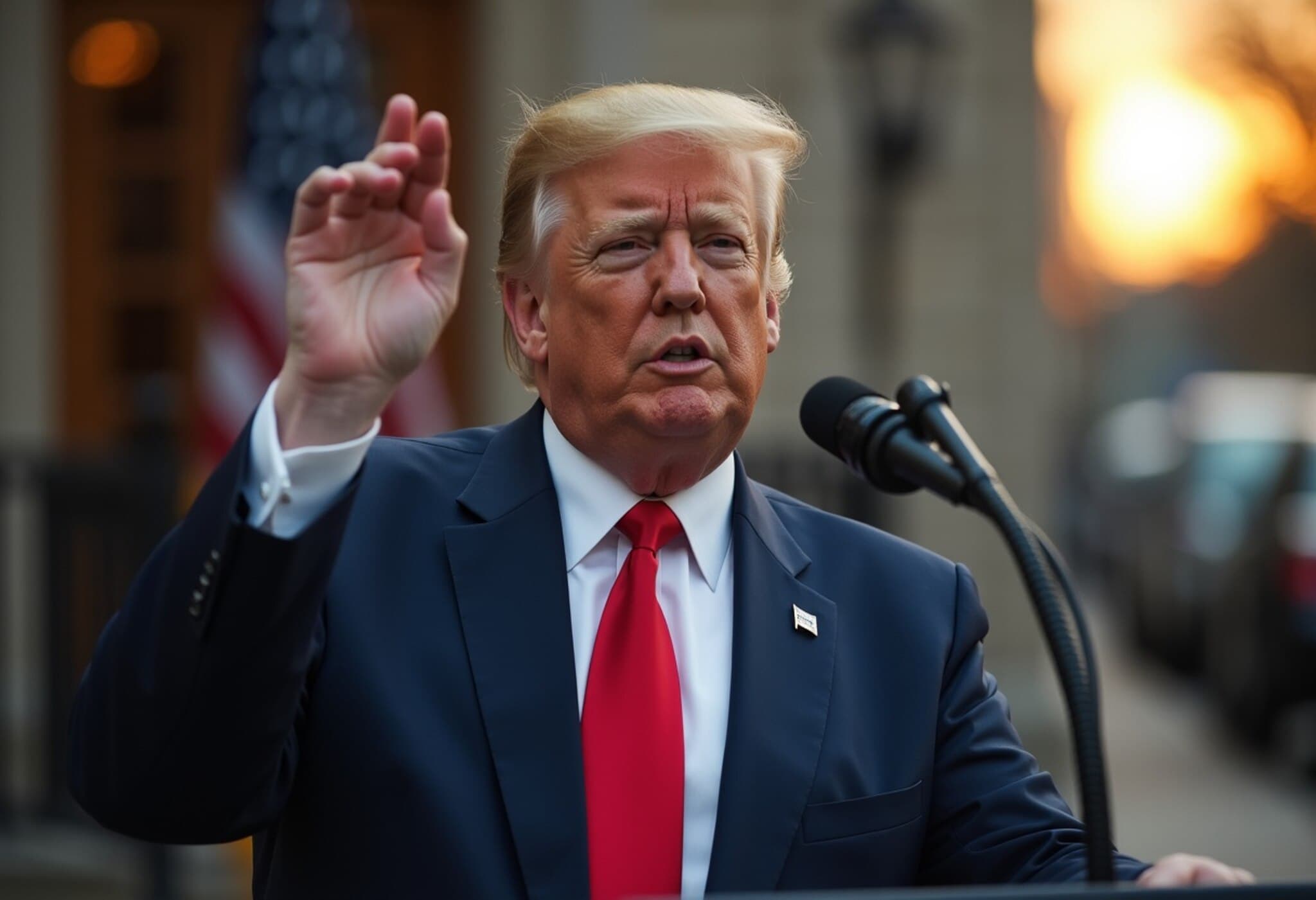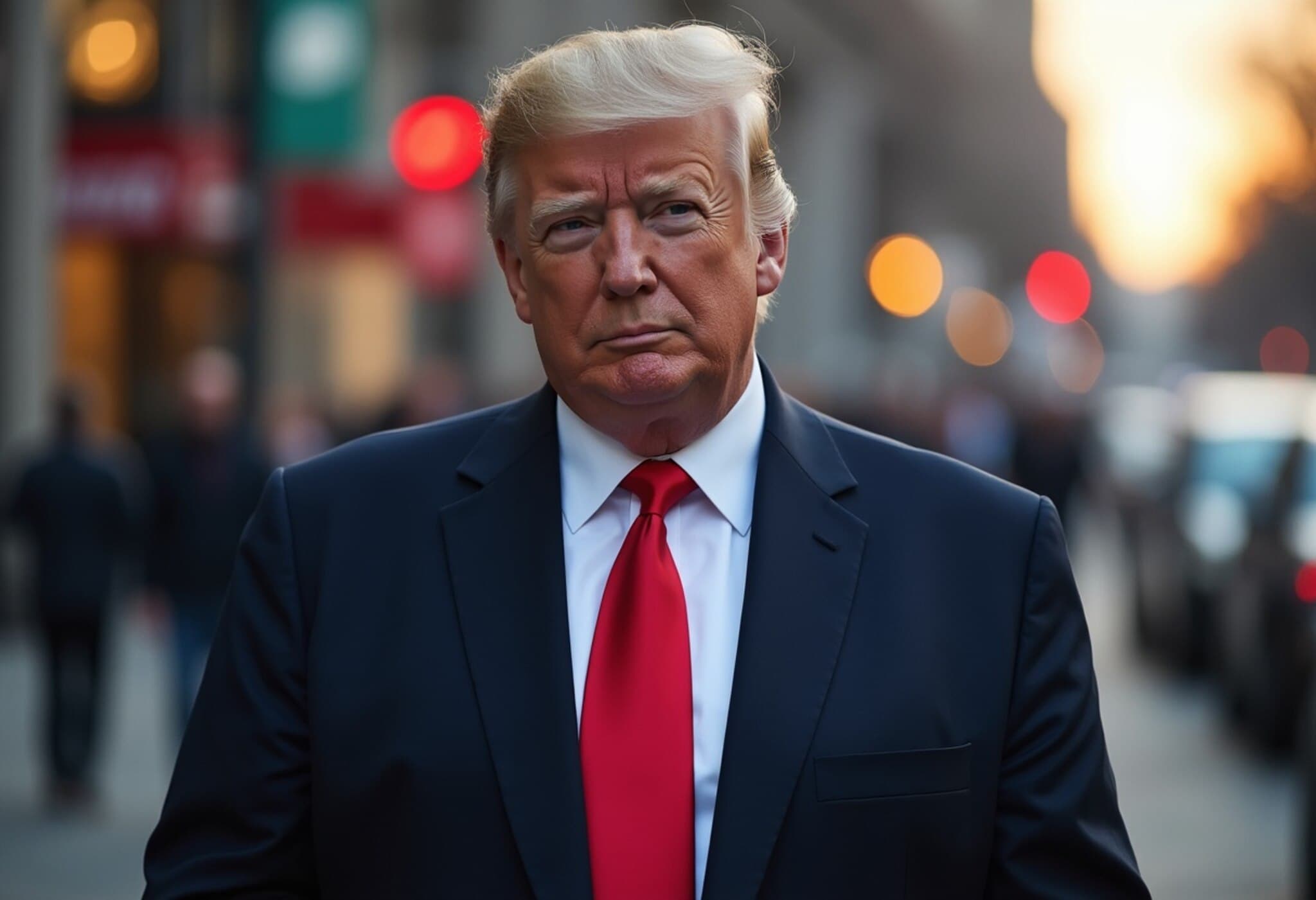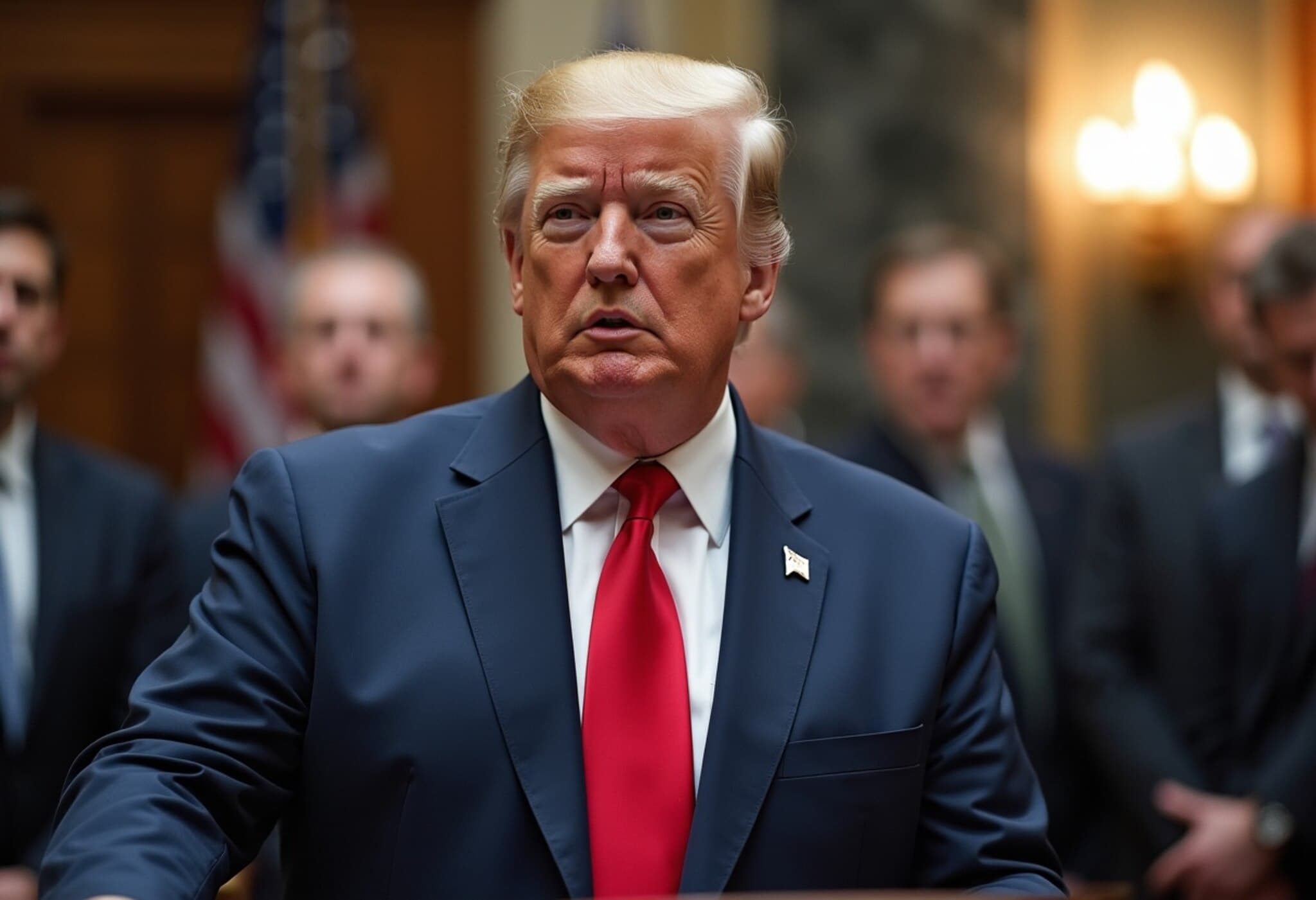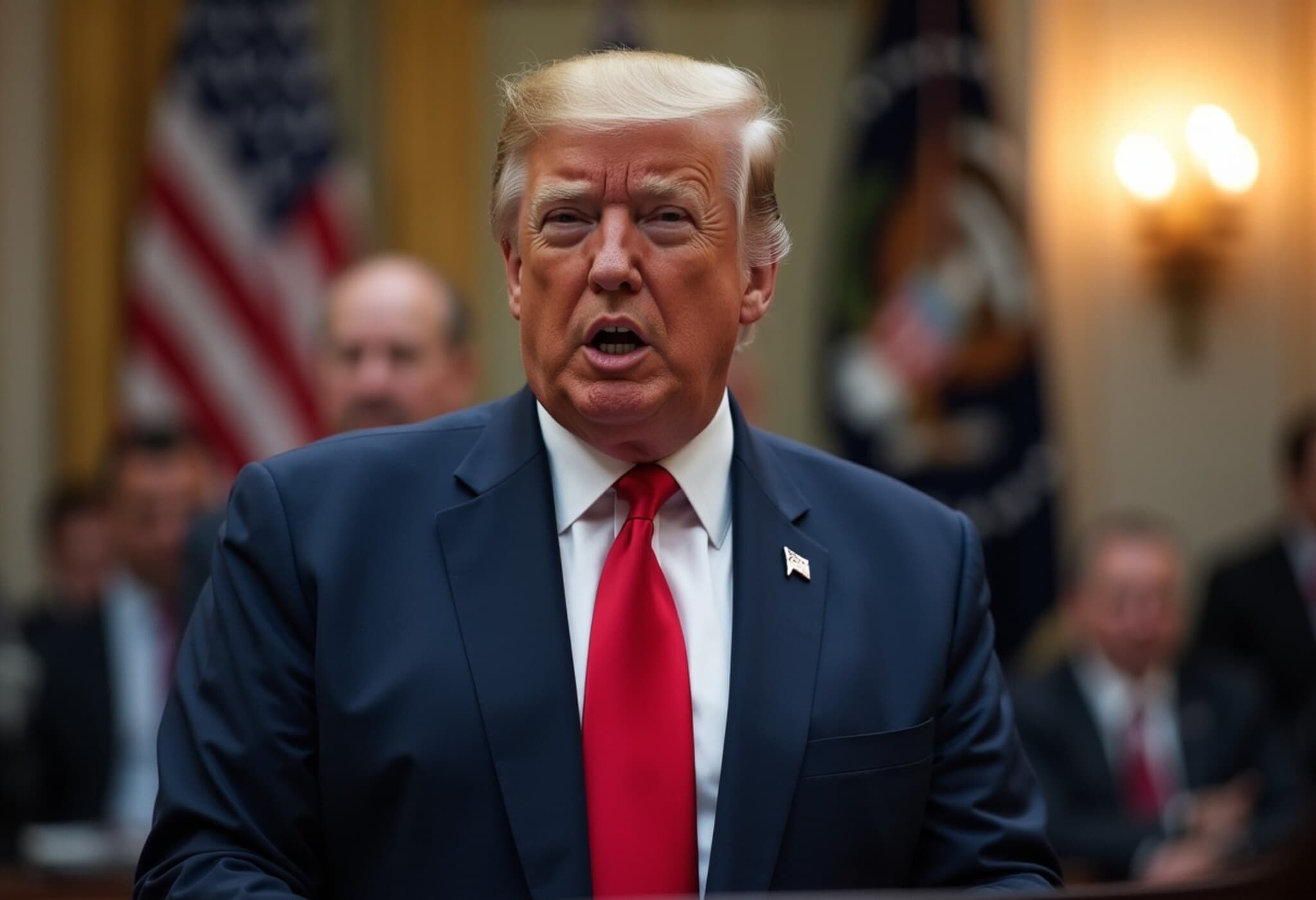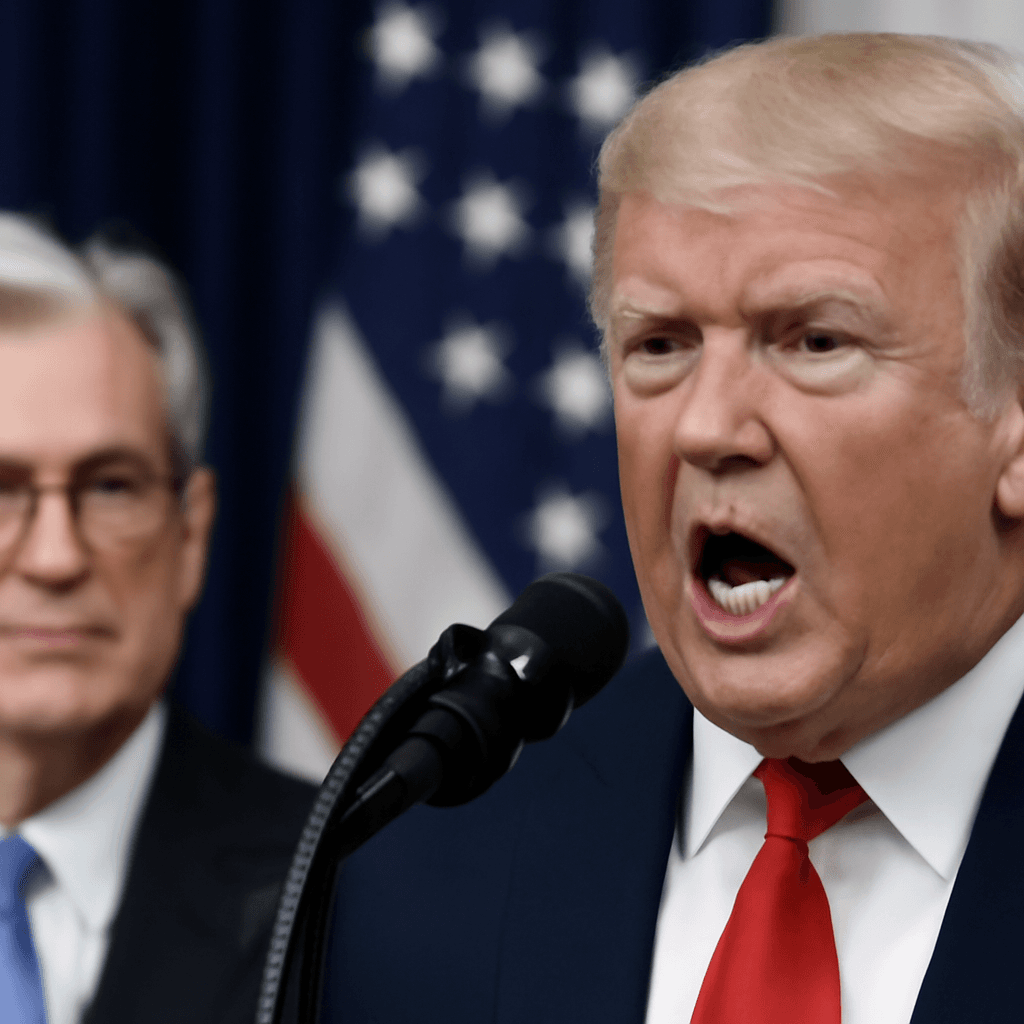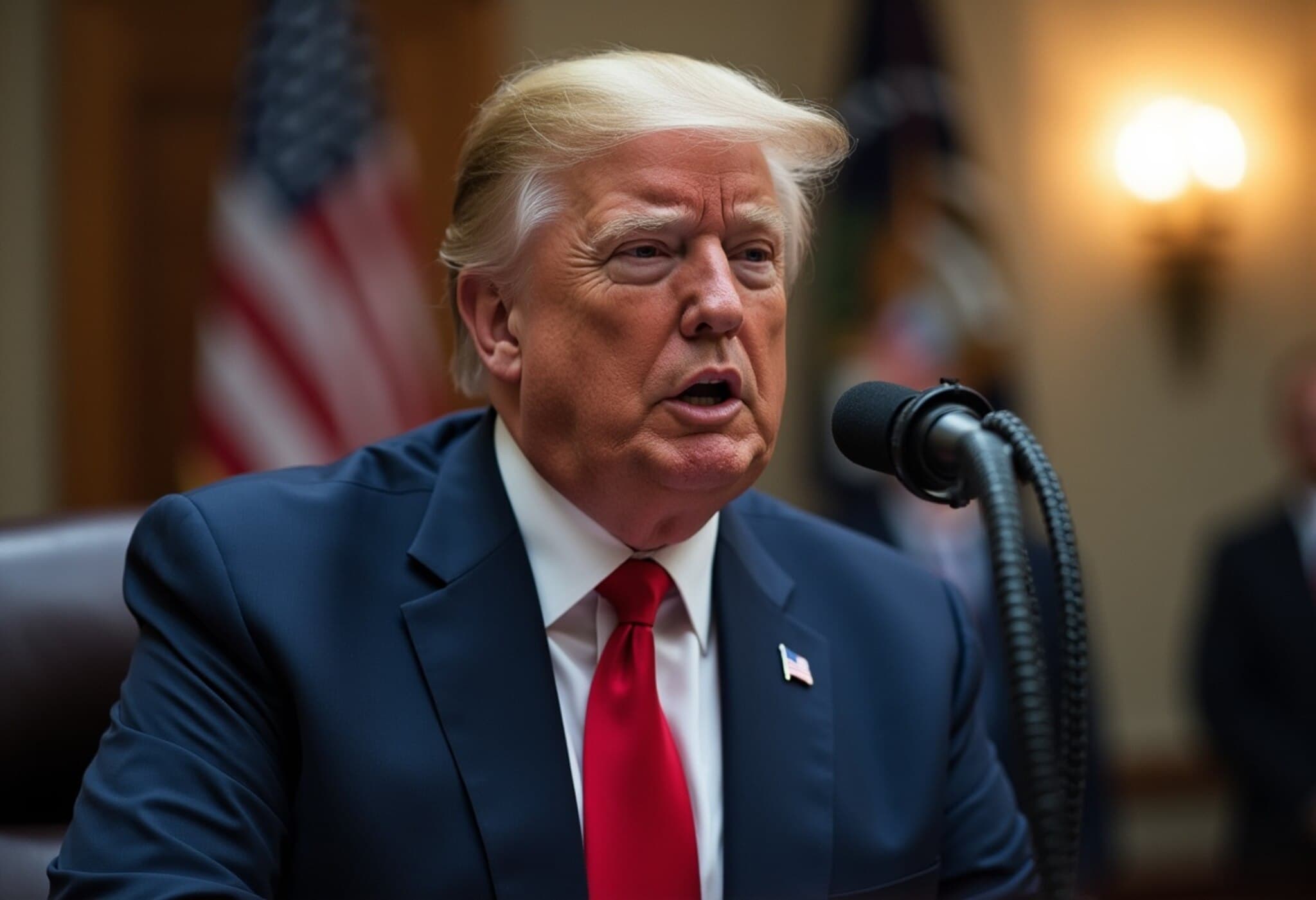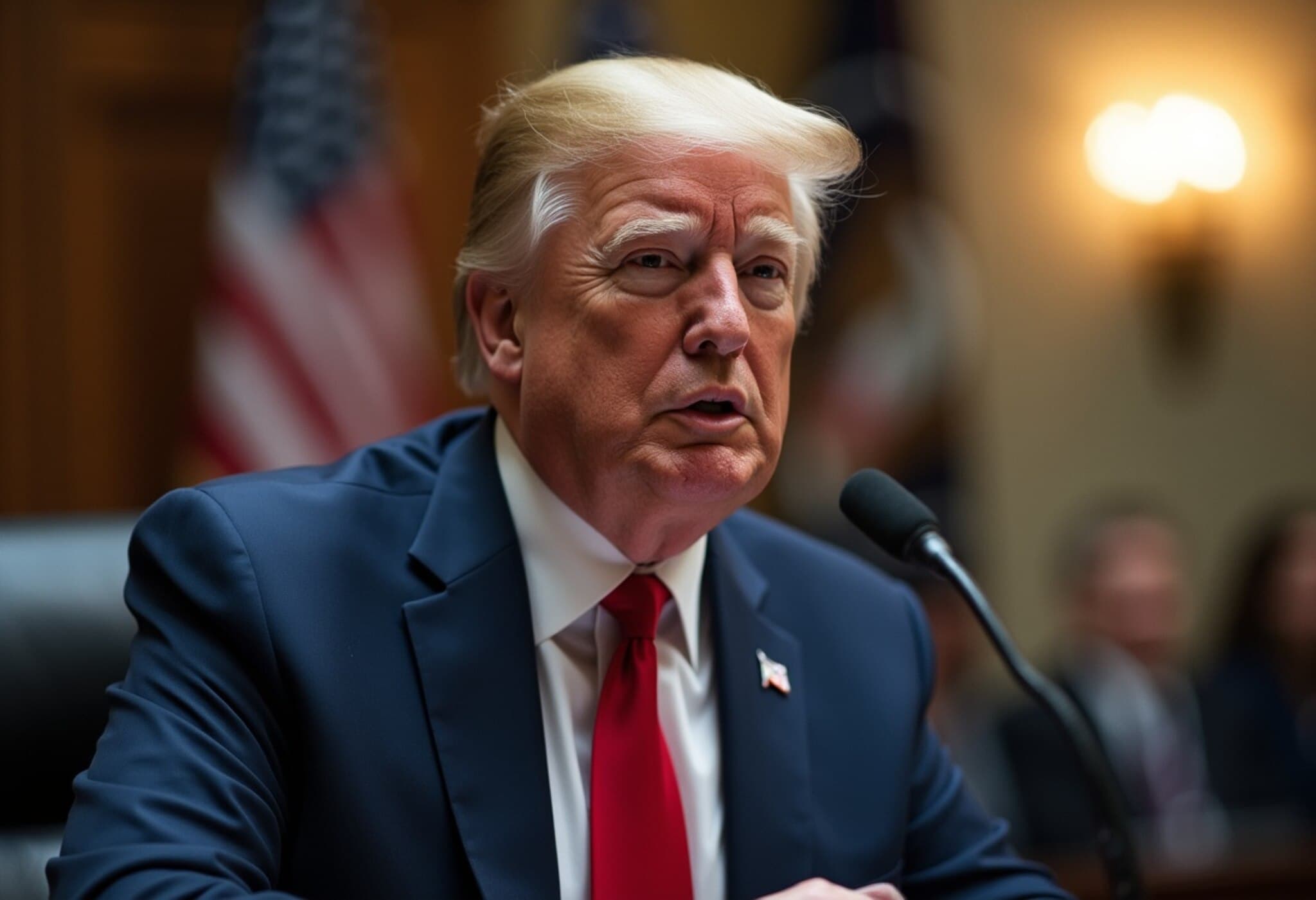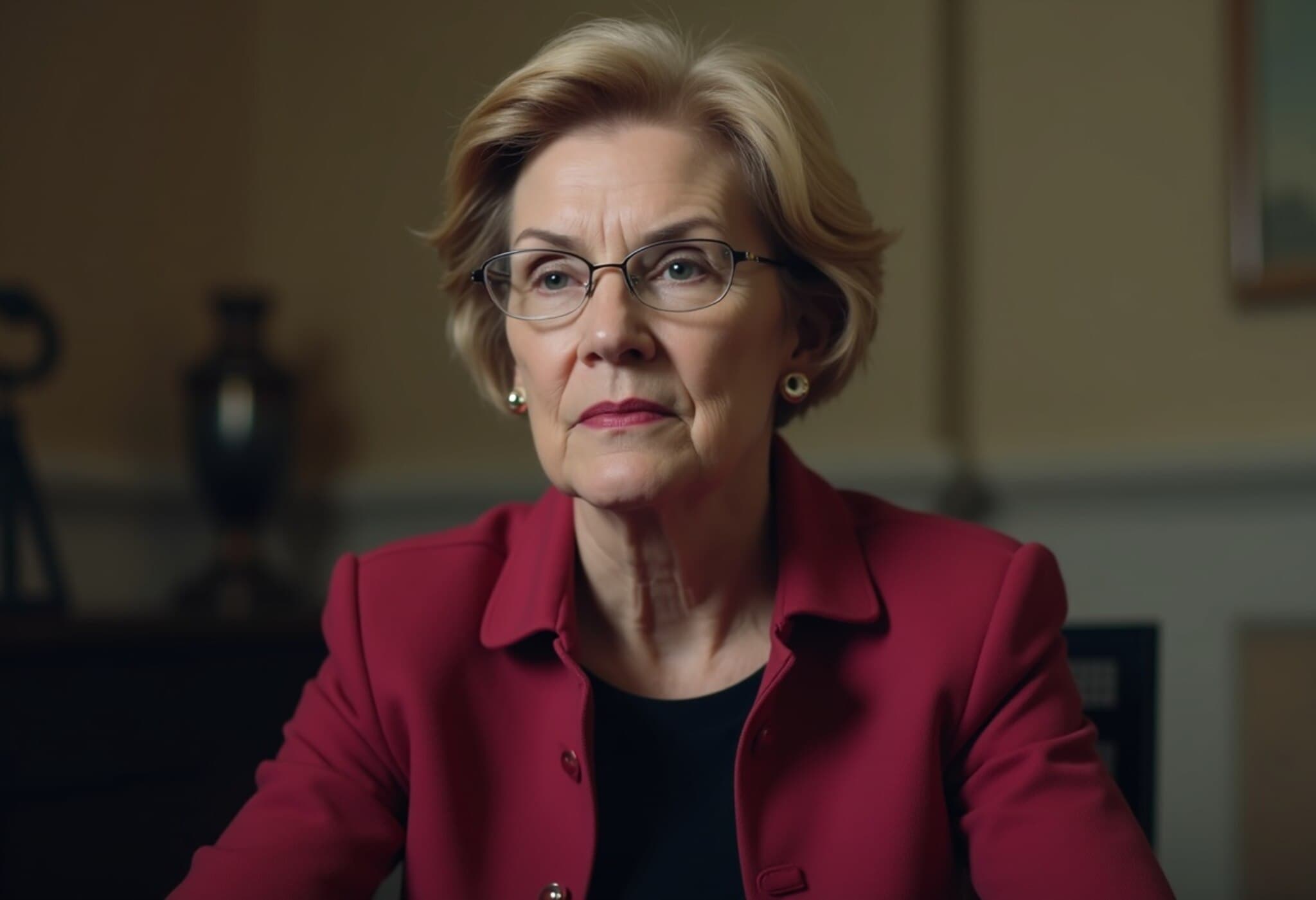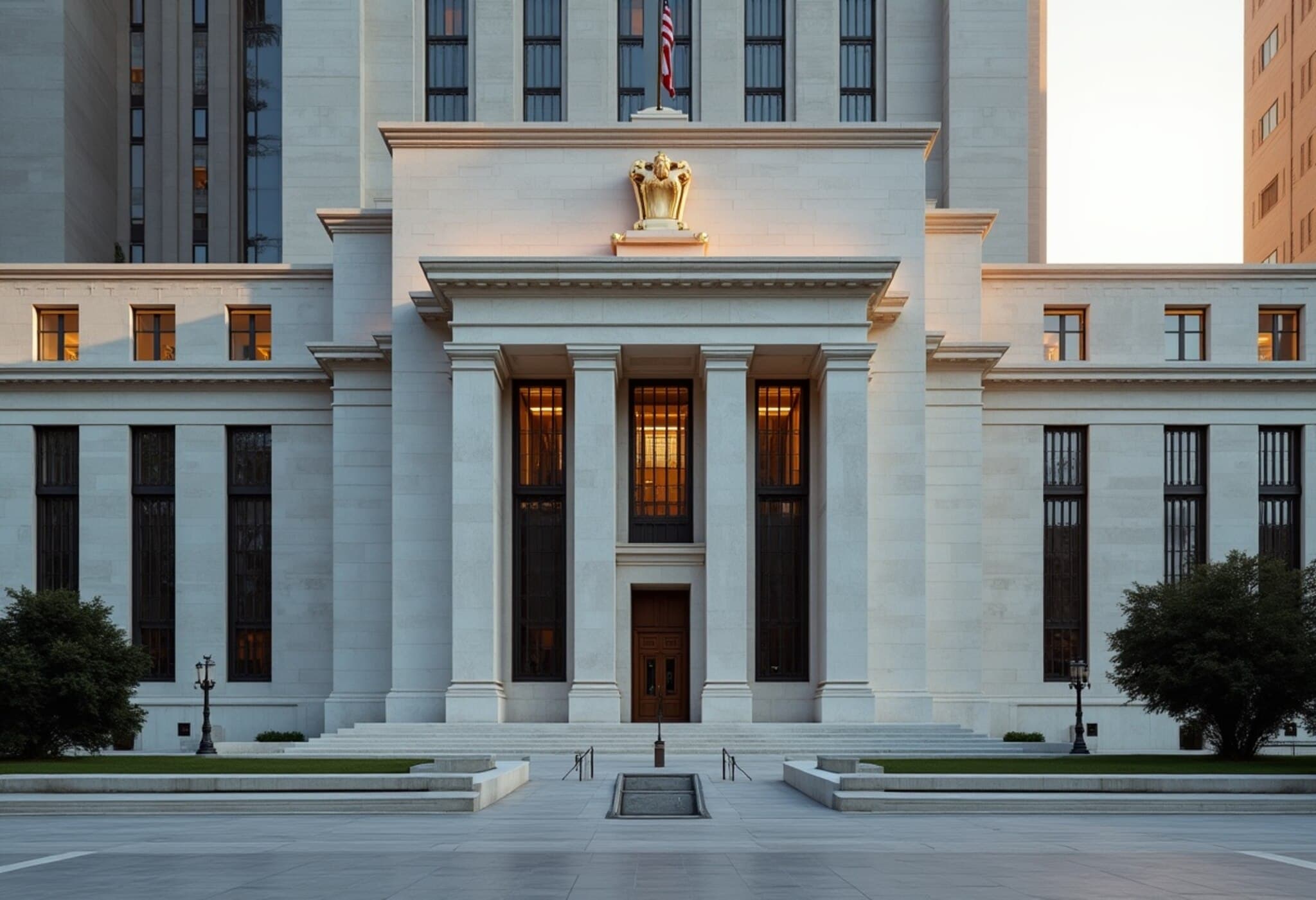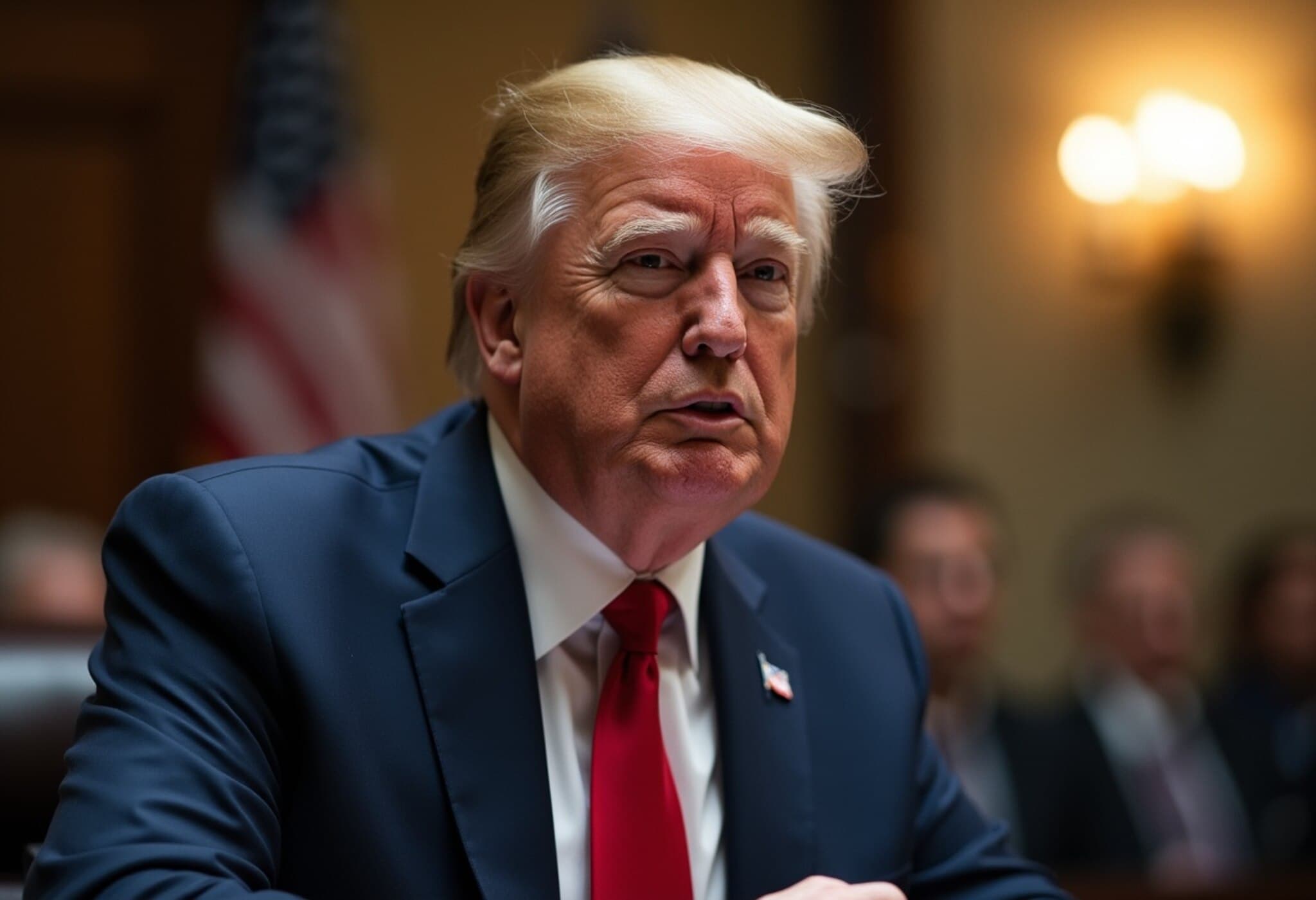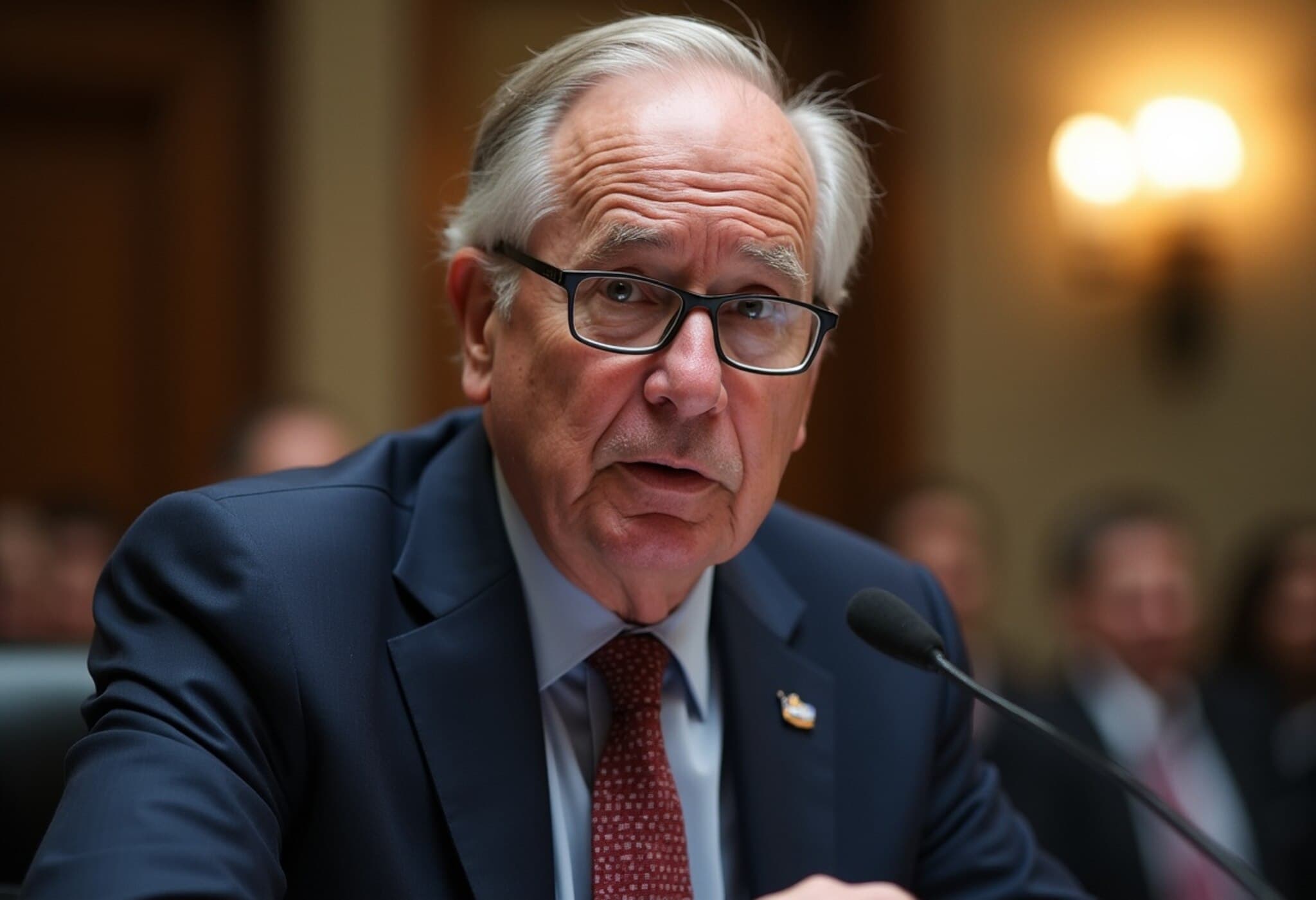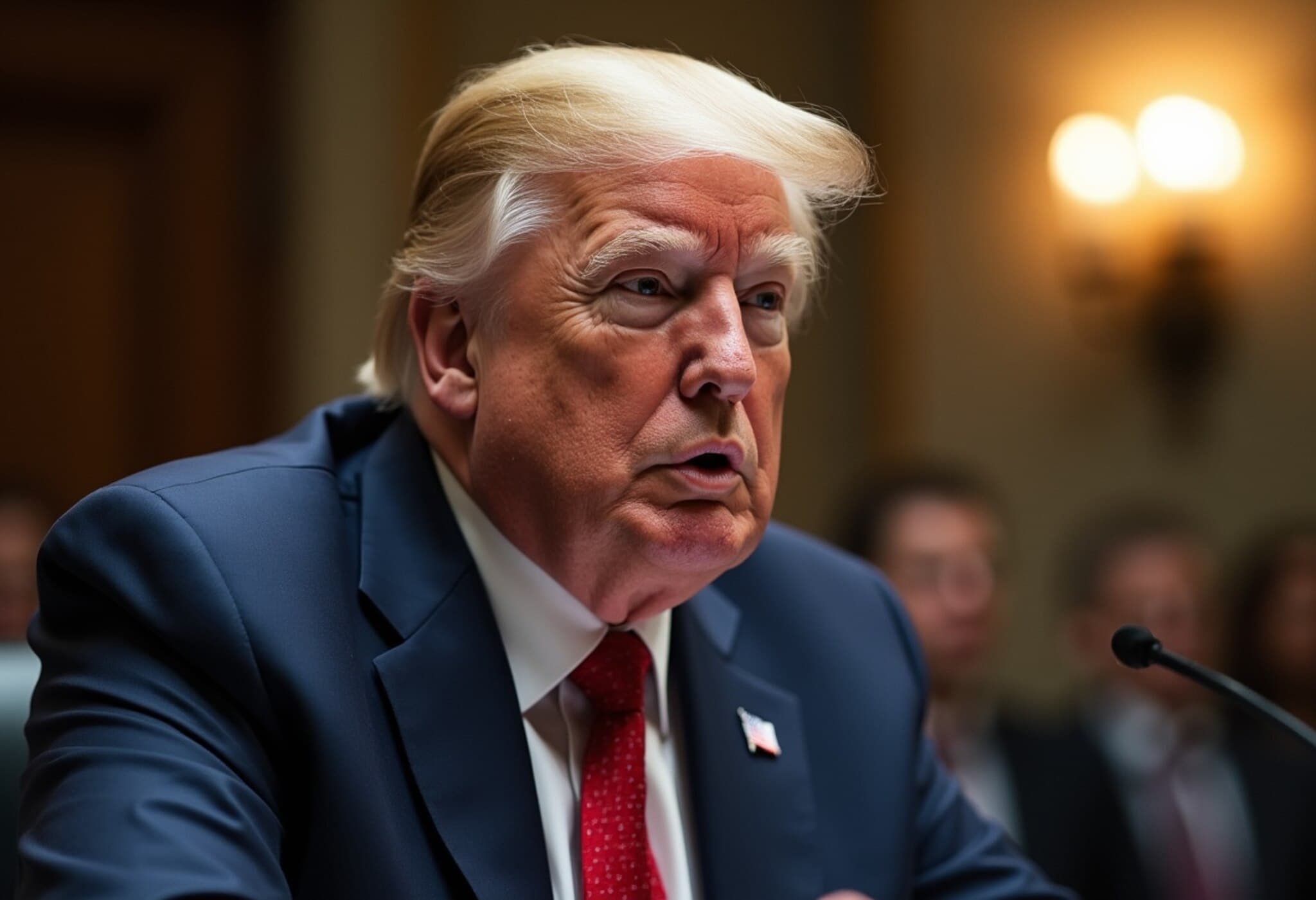White House Explores Authority to Remove Fed Chair Jerome Powell
In a surprising development, National Economic Council Director Kevin Hassett revealed on Sunday that the Trump administration is actively examining its legal authority to potentially dismiss Federal Reserve Chair Jerome Powell before his term ends next spring. While President Donald Trump has publicly downplayed intentions to fire Powell, Hassett’s remarks indicate that considerations remain ongoing, reflecting growing tensions between the White House and the Federal Reserve leadership.
Controversy Around Fed’s $2.5 Billion Renovation Project
The catalyst for this renewed scrutiny centers around the Federal Reserve’s headquarters renovation, budgeted at an eye-watering $2.5 billion. Hassett highlighted concerns over a $700 million cost overrun, sparking claims from White House officials that this extravagant spending raises questions about Powell's management. It’s important to note that these funds stem from the Fed's own income—generated through securities and fees charged to banks—not taxpayers' money, a detail often overlooked in public discourse but critical in assessing the political narrative.
Increasing Pressure from Trump Administration Officials
Office of Management and Budget (OMB) Director Russell Vought has taken a particularly aggressive stance, accusing Powell of "gross mismanagement" and formally requesting detailed explanations regarding the ongoing renovation plans. Vought's hardline approach could be interpreted as laying the groundwork for establishing cause to justify Powell's removal — a rare and significant move since Federal Reserve Chairs traditionally serve out their full terms, maintaining the Fed's independence.
Hassett confirmed that the administration's next steps hinge on the findings from Vought’s inquiries. "Whether the president decides to push down that road or not is going to depend a lot on the answers that we get to the questions that Russ Vought sent to the Fed," Hassett said, underscoring the delicate balance between political oversight and central bank autonomy.
Fed’s Response and Public Perception
The Federal Reserve responded last week by updating its website with information addressing some of Vought’s concerns, explicitly clarifying that no extravagant VIP dining rooms are part of the project—a direct rebuttal to major accusations. Still, the public perception of the Fed incurring massive renovation costs during a time of economic uncertainty fuels the administration's rhetorical ammunition against Powell.
Leadership Speculation Intensifies
Despite President Trump's recent statements expressing no desire to dismiss Powell outright, he has hinted at several potential successors for the chairmanship when Powell’s term concludes in May. Kevin Hassett himself is rumored to be a leading candidate, blending his economic policy credentials with his close ties to the administration. Another notable contender is former Fed Governor Kevin Warsh, who on Fox News labeled the renovation "outrageous" and claimed the Fed has "lost its way" both in supervisory roles and monetary policy. Warsh’s public comments appear to be a subtle audition for the top Fed job, emphasizing the heated political environment surrounding the institution.
Expert Analysis: The Tensions Between Political Oversight and Fed Independence
This unfolding saga raises essential questions about the delicate balance between political accountability and the Federal Reserve's operational independence, a cornerstone of U.S. monetary policy since its inception. While accountability in public spending is critical, moves that could undermine the Fed’s autonomy risk unsettling financial markets and investor confidence, especially amid ongoing economic challenges.
Experts warn that using management issues—such as renovation budgets—as a pretext for leadership changes might set a risky precedent, potentially politicizing what has traditionally been an insulated institution designed to operate free from short-term political pressures.
What Lies Ahead?
The next few months will be pivotal. The Trump administration awaits the Fed's detailed response to its inquiries, which will likely influence whether the White House takes concrete steps toward a leadership shakeup or settles for heightened oversight. Meanwhile, market watchers and policymakers quietly assess the broader implications of this confrontation on U.S. economic stability and global financial confidence.
Editor’s Note
This episode spotlights the ongoing friction between political leadership and central banking autonomy in the United States. It raises several critical questions: Should Fed chairs be held accountable for internal management issues? At what point does political pressure threaten the Fed's essential role in stabilizing the economy? And how do developments like these shape the future governance of key economic institutions?
As this story unfolds, readers are encouraged to consider the broader ramifications of such power dynamics on economic policy and institutional integrity.

